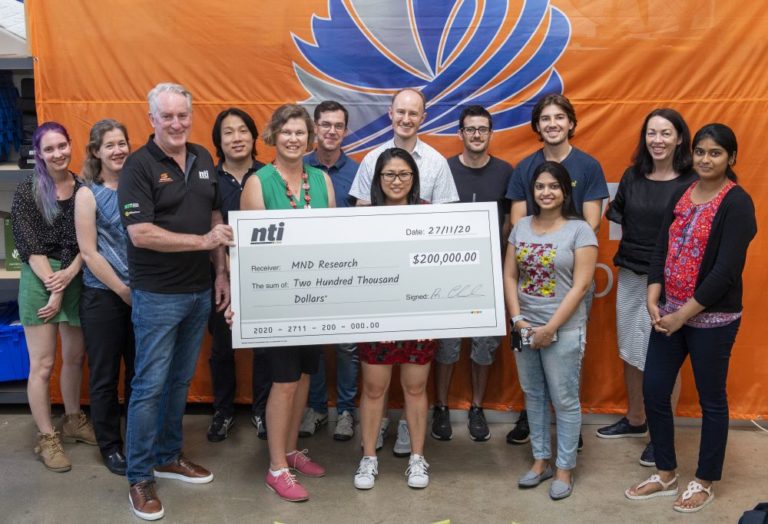[vc_row][vc_column][vc_column_text]Melbourne-based Pain Specialist and Anesthetist, Dr Nick Christelis, has hit the ground running in his new role as NSANZ President, spearheading the development of several policies promoting best practice within the neuromodulation industry.[/vc_column_text][vc_separator][vc_column_text]
What is Neuromodulation?
Neuromodulation, also known as Spinal Cord Stimulation, is a minimally invasive and reversible therapy that may prove an effective, additional or alternative option for those who have tried, and failed, conservative pain management treatments. It works by intercepting pain signals as they travel along the nerve fibres through the spinal cord, before they reach the brain.
[/vc_column_text][vc_separator][vc_column_text]One of Dr Christelis’ first actions as president was to announce NSANZ had been awarded charity status by the Australian Charities and Not-for-Profit (ACNC), recognising its invaluable role in striving to uphold the professional practice of neuromodulation across the Tasman, and supporting the estimated one-in-five Australians and New Zealanders living with chronic pain.
Dr Christelis said he was delighted the NSANZ had been award charity status, allowing it to fund and promote further research, educate doctors and establish a neuromodulation device registry.
“I am genuinely excited at the prospect of further consolidating our organisation’s significant success to-date and continuing to strengthen our position as professional pain management industry leaders”, Dr Christelis said.
“We are currently drafting policy documents and guidelines outlining standards for safe and effective neuromodulation practices, encompassing device-related education, training, implantation techniques and management.”
An estimated 3.24 million Australians, including children and adolescents, live with the debilitating affects of chronic pain. Chronic pain is neither preventable, nor the consequence of poor health choice. The condition affects both young and old and can significantly impact a person’s physical and mental health, often leading to social isolation and loss of purpose.
According to a Deloitte Access Economics report released by Pain Australia earlier this year, the 2018 estimated total financial cost of chronic pain in Australia was $73.2 billion, comprising $12.2 billion in health system costs, $48.3 billion in productivity losses, and $12.7 billion in other financial costs.[/vc_column_text][/vc_column][/vc_row]




